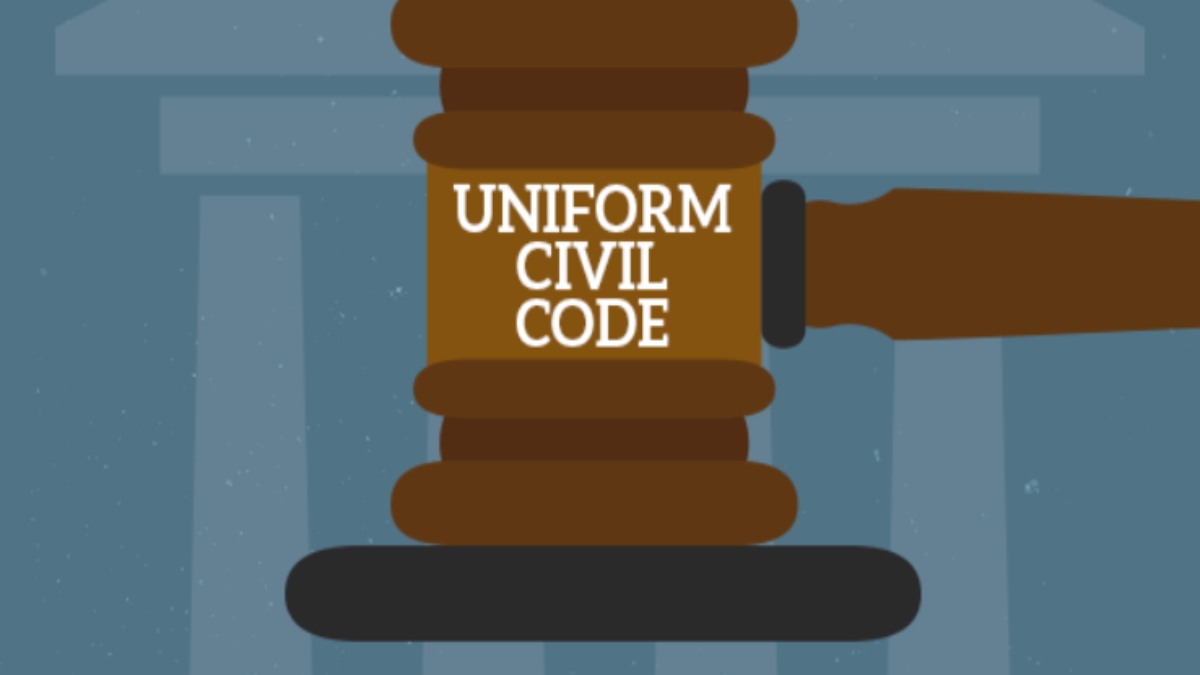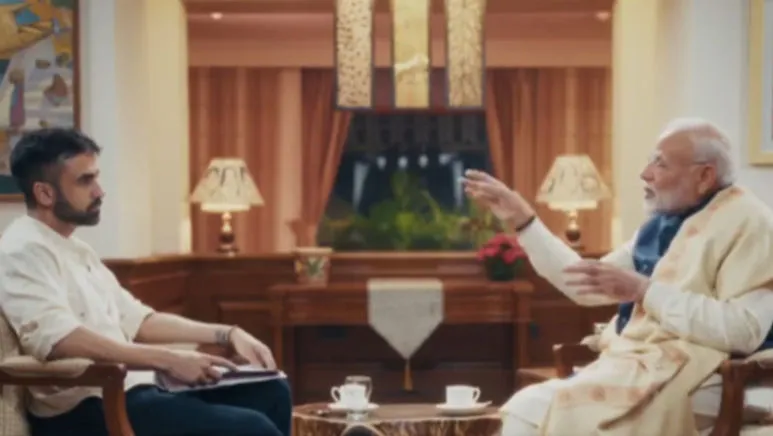Debate and Discussion on uniform Civil Code became the political agenda of parties, therefore the purpose of the Bill will be going to discuss in the parliament in the winter session by the political leaders.
In India, the concept of a uniform civil code has been debated for many years, and various political and social reform groups have long called for it. The UCC is not legally enforceable but is seen as a guiding principle for the government to follow because it is contained as a Directive Principle in the Indian Constitution. The UCC is a contentious topic in India, as supporters claim it would advance equality and secularism while opponents claim it would impede people’s freedom of religion and cultural practices. The controversy surrounding the UCC in India generally emphasizes the intricate and delicate link between law, religion, and culture in the nation, which should be examined from a distance and should be addressed in a phased and holistic manner.
The state “shall endeavor to secure for the citizens a uniform civil code throughout the territory of India,” according to Article 44 of Part IV of the Constitution. The authors of the Constitution intended the UCC to be a consistent body of laws that would replace the unique personal laws of each faith with regard to issues like marriage, divorce, adoption, and inheritance, even if there isn’t yet a draught or model document for it. The Directive Principles of State Policy are set forth in Part IV of the Constitution, and even while they cannot be enforced or litigated in a court of law, they are essential to the nation’s government. In the Constituent Assembly, there was intense discussion regarding whether or not the UCC clause should be made a fundamental right or a directive principle. By a vote of 5:4, the subcommittee on fundamental rights led by “Sardar Vallabhbhai Patel” decided that obtaining a UCC did not fall under the purview of fundamental rights.
Members of the Assembly expressed radically different opinions towards the UCC. Additionally, others believed that India was too varied a nation for the UCC. Certain civic laws in all cultures, according to Bengali member Naziruddin Ahmad, are “inseparably connected with religious beliefs and practices.” He believed that the UCC would conflict with Article 19 of the drafted Constitution, which today stands as Article 25 and provides the right to freedom of religion, subject to public order, morals, and health. He asserted that while he was not opposed to the idea of a uniform civil code, the moment had not yet come and that the process needed to be gradual and with the permission of the groups that would be affected. The Law Commission of India was asked by the Modi government in 2016 to figure out how to create a code in the face of “thousands of personal laws” in the nation. The Law Commission of India also offered their opinion on the UCC. The Law Commission presented a 185-page consultation paper on family law reform in 2018. According to the publication, “uniformity” is not always necessary for a nation to be united, and secularism cannot be in conflict with the pluralism that exists in the nation. According to the Commission, “secularism” only had meaning if it allowed for the expression of any kind of diversity.
There are ample amounts of efforts towards UCC in India which are as:-
Special Marriage Act of 1954: This law made it legal for any citizen, regardless of faith, to get married in a civil ceremony, allowing Indians to wed outside of traditional religious ceremonies.
Shah Bano Case 1985: Shah Bano’s request for maintenance was denied in this case. According to Section 125 of the Code of Criminal Procedure (CrPC), which applies to all citizens, the Supreme Court found in her favour on the order for maintenance of spouses, children, and parents. The long-delayed Uniform Civil Code should ultimately be adopted, according to the Supreme Court’s further recommendation.
In the Sarla Mudgal rulings from 1995 and the Paulo Coutinho v. Maria Luiza Valentina Pereira case (2019), the Supreme Court likewise urged the government to apply the UCC.
The UCC Bill must be passed immediately since it will have a number of positive effects that will help overcome some of the largest issues in the future, including: It will contribute to lessening vote-bank politics. Personal laws are a loophole; more rights for women; it would foster true secularism; all Indians should be treated equally; personal laws are a sign of a modern, progressive nation. The suggestions below, which require immediate consideration in order to advance the spirit of uniformity of laws and achieve the goals outlined in Article 44 of the Constitution to appreciate the spirit of such a code, individuals must have a progressive and open-minded view. The Uniform Civil Code should act in the best interests of religion. A programme of awareness and sensitization must be started for this education. Given the sensitive nature of the issue, it is always preferable if the initiatives originate from the relevant religious organisation.
Hindu, Muslim, Christian, and Parsi codified personal laws are uniquely mixed in India. There is no universal family law that applies to all Indians and is accepted by all the religious communities that coexist in India. The majority of them, however, agree that UCC is unquestionably desirable and would significantly deepen and consolidate Indian nationhood. Different people have different ideas on when and how it should be implemented. Political and intellectual leaders ought to work to forge a consensus rather than utilizing it as an emotional issue to advance their own political interests. The issue is simply how to treat every human being with respect, not whether minorities should be protected or even how to maintain national unity with dignity, something which personal laws have so far failed to do.
Aishwarya Singh is the Assistant Professor in Vidyasthali Law College Jaipur

















